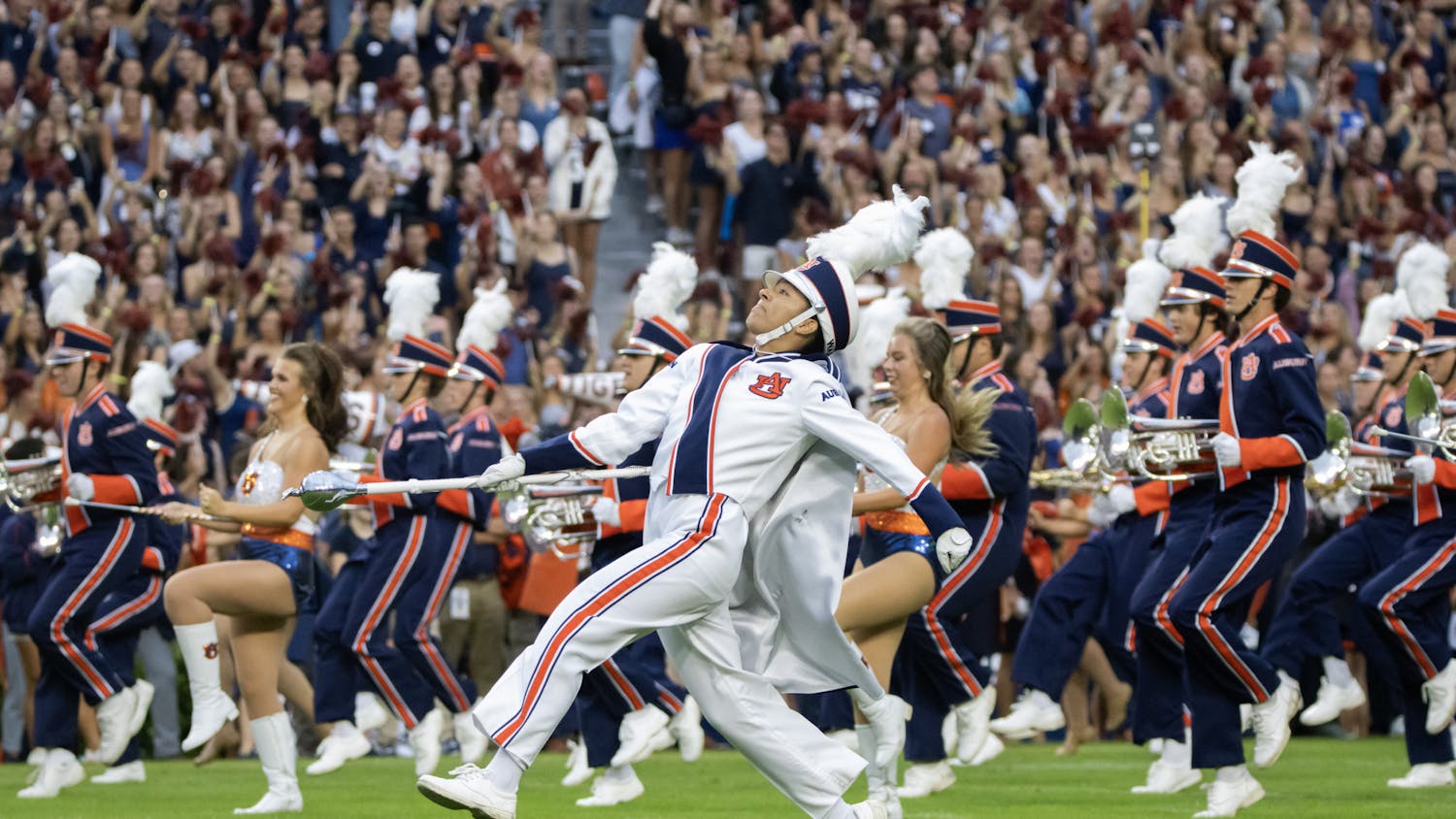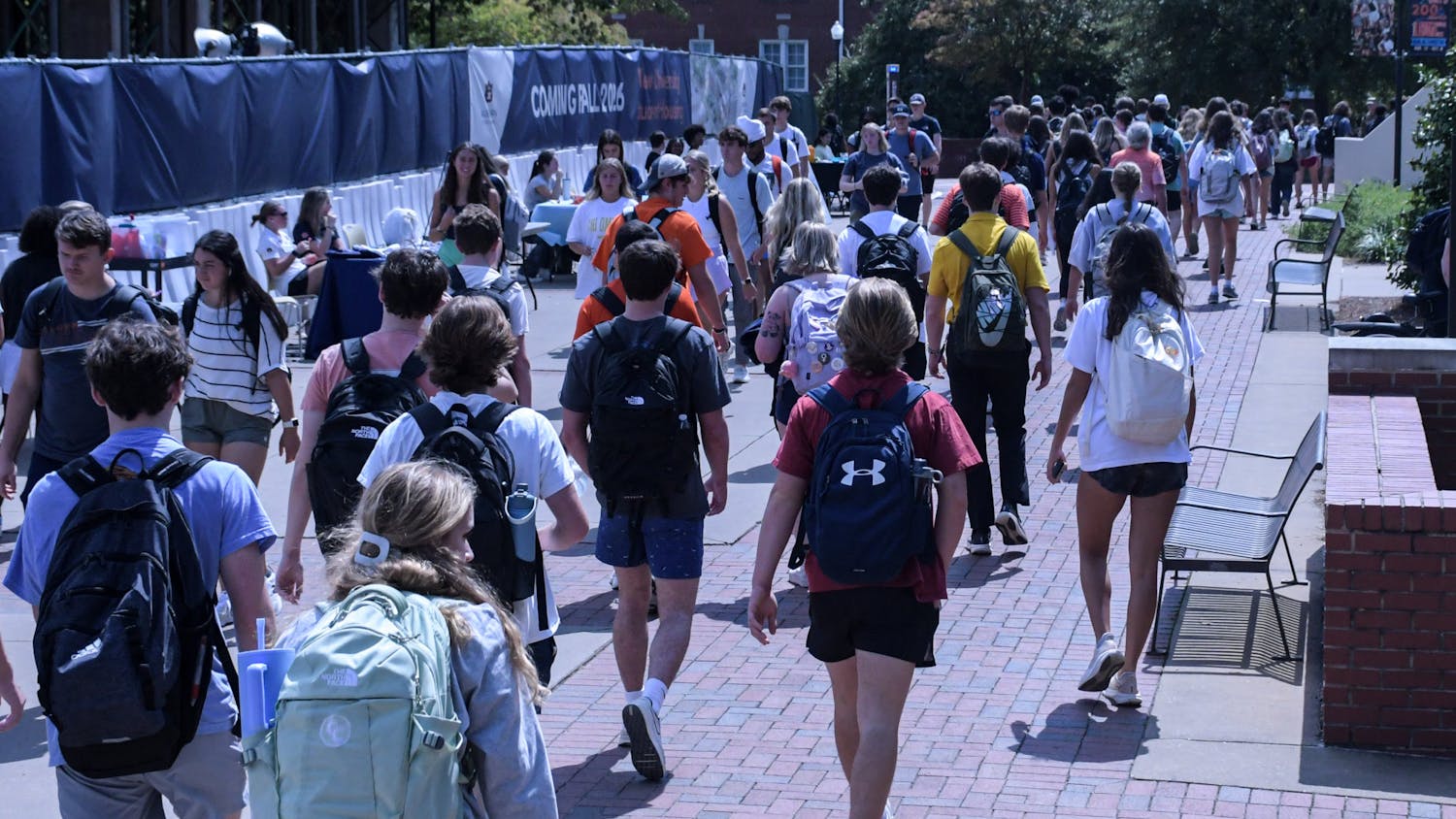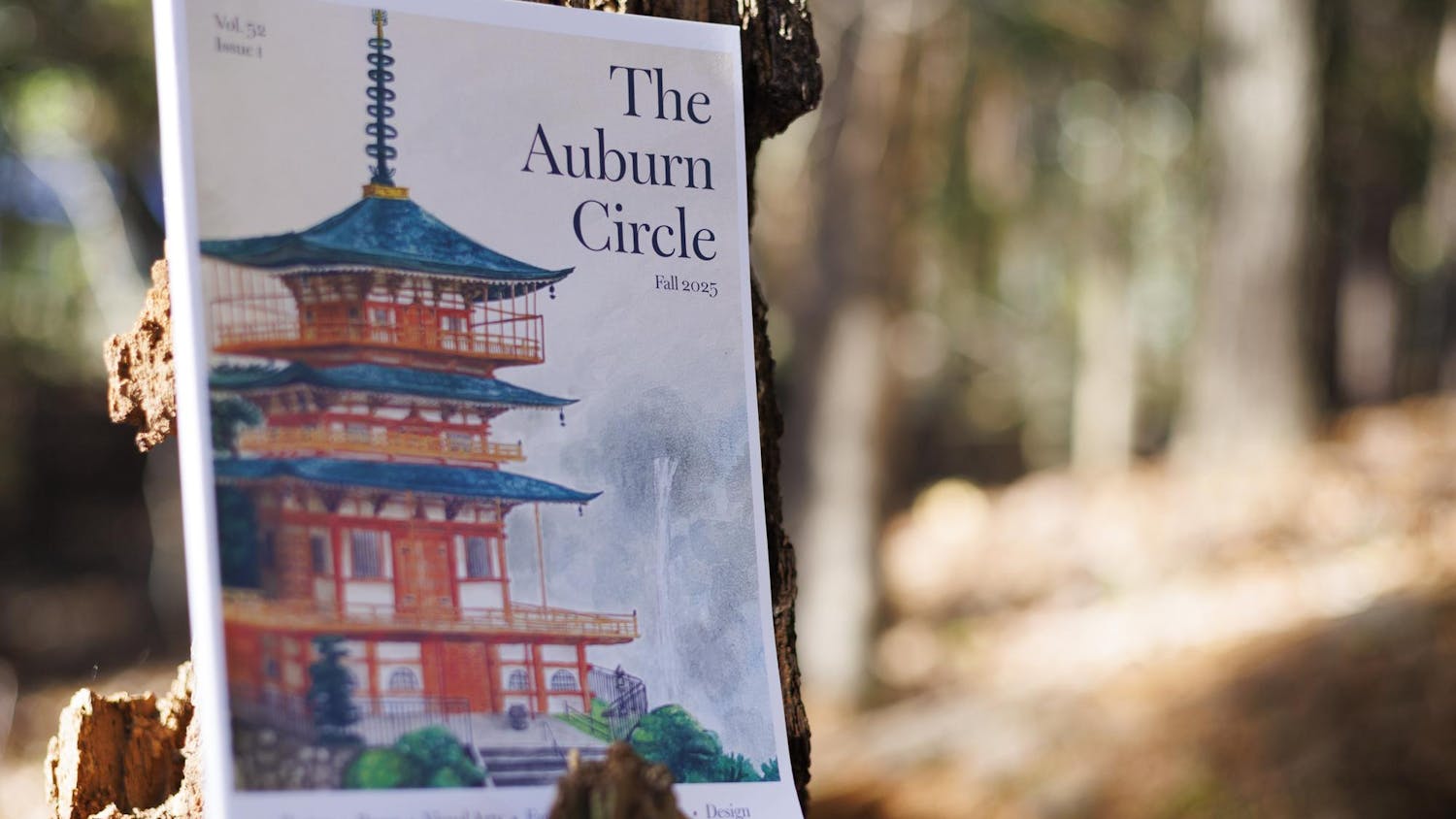Love is in the air around the Relationship Research Lab, and now the love has gone online.
The Relationship Research Lab Facebook page features posts on everything from Valentine's Day to the effects of text messages on a couple's relationship.
Four graduate students work in the lab, each focusing on areas of personal interest.
"Our lab pretty much focuses on anything that has to do with the relationship--keeping relationships together, what happens when things go wrong," said Karlene Cunningham, third-year graduate student in psychology.
Cunningham helped develop the idea of the Facebook page after using an online study for her thesis on sexuality in relationships.
"I was like, 'Well, this is a great place, so why not try and contact the individuals in the community and let them know we're here?'" Cunningham said.
The Facebook page serves to gauge community interest and give people information about what they want to know, Cunningham said.
"This is a really cool place for people to get good information that doesn't necessarily come from their glamour magazine and that's based in solid research," Cunningham said.
The page informs students about opportunities to participate in research and also provides information on what makes a healthy relationship, said Ashley Waters, second-year graduate student in psychology who works in the lab.
Waters' area of interest is interpersonal violence within relationships.
"I think physical violence can and definitely does happen in college relationships," Waters said, "but I think what's sometimes more common is psychological aggression and control issues--one partner telling the other partner they're not allowed to see these people, they're not allowed to go do these things."
Intimate partner violence is one of the topics currently studied in the lab, said Richard Mattson, assistant professor of psychology and director of the lab.
Mattson said the lab is also looking at communication in relationships--not only what people say, but how they say it.
"One of the known detrimental behaviors within relationships is called stonewalling, where people shut down communication," Mattson said. "'I'm angry with you, and that's it. I'm going into my room, I'm not coming out until I'm better, and then we're still not discussing it.' Those will typically end in negative outcomes."
Mattson said he studied relationships in graduate school and wanted to incorporate the topic into his research as a professor.
"There are certain things that people are very interested in," Mattson said. "One of them is relationships. If our Facebook page was on the malting behavior of potato leeches, I don't think we would get nearly as many people checking in and tuning in."
Mattson delegates most of the Facebook duties to his graduate students, he said.
"I'm sort of a crotchety old technophobe," he said. "If it wasn't for new people coming into the lab that were savvy about this, there probably wouldn't have been the Facebook page."
Cunningham said she hopes the page will eventually have discussion boards.
"In terms of relevance to the college community, I think it's very relevant," Mattson said. "This is a point and time in one's life where the formation of relationships and navigating those things is really at its peak."
Do you like this story? The Plainsman doesn't accept money from tuition or student fees, and we don't charge a subscription fee. But you can donate to support The Plainsman.




